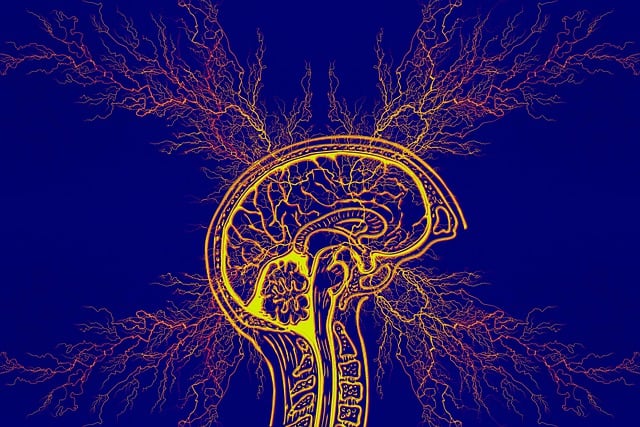What do ADHD coaches do and how do you find someone suitably trained?
ADHD ‘coaching’ is big business, particularly since the costs can be partially covered by the government’s access to work scheme, which supports those with physical or psychological disabilities in employment.
The scheme provides up to £66,000 per annum for successful applicants and can cover the costs of ADHD coaching.
However, the scheme offers little guidance on where to find suitable professionals leaving many seeking advice from untrained, so-called ‘ADHD coaches’.
What do ADHD coaches do?
The role of ADHD coaches varies depending on an individual’s needs, but they tend to help introduce tools/frameworks to help people reach their goals, whether they be personal or professional.
ADHD coaches often offer niche services such as helping those who have been diagnosed later in life with career changes, guiding students with ADHD with the transition to university studying, and even helping those with ADHD adapt to parenthood.
Qualifications for ADHD coaching include but are not limited to the ADD Coaching Academy, the Professional Association of ADHD Coaches, and the Gold Mind course.
Some ADHD coaches have also trained as a coach in their niche (e.g. career coaching) and focus on ADHD without having done ADHD specific coaching training.
Accredited bodies for coaching (not specific to ADHD) include, but are not limited to, the International Coaching Federation, the Association for Coaching, and the European Mentoring and Coaching Council.
But the concern creeps in when so called ‘ADHD coaches’ have not received sufficient training as a coach, those who have no accredited courses to their name.
What to look out for, according to an accredited ADHD coach
Franck Brown, a coach who trained with the ADD Coaching Academy said: “We have seen the rise of social media influencers calling themselves ‘coaches’ despite being untrained and unaccredited.
“They are, for the most part, more like mentors, they offer ‘five tricks to help you do x, y or z’.
“Coaching is creating a safe space for exploration around your chosen topic with someone trained in that area of focus.”
Brown said ADHD coaching often includes an element of psychoeducation, where people learn about how their brain functions differently.
He added: “I don’t think that anyone is in a position to provide coaching without accredited training.
“That said, there are courses to become a coach in 20 to 30 hours which are terrible because for context, I didn’t become comfortable in my coaching style until I had done 400 to 500 hours.
“To become a coach in general, I’d say you would need at least 100 hours of training which is accredited.
“As a coach, you are carrying responsibility for other people and you see people in vulnerable places, so having the skills from the coaching training is essential.”





Join the discussion